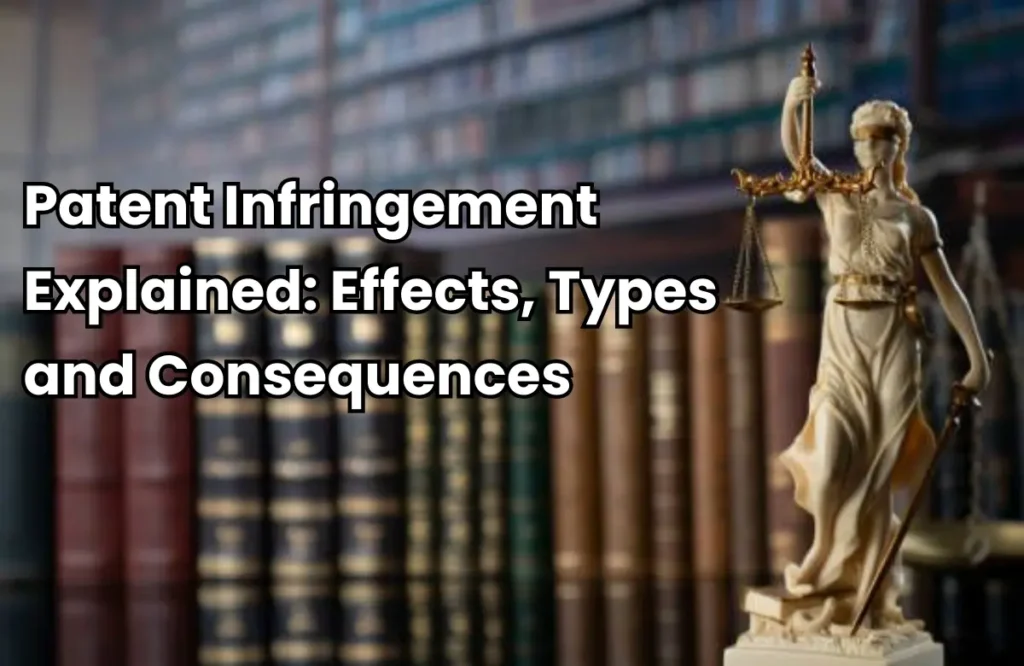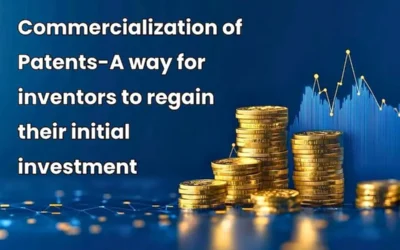
Patents are powerful tools that grant inventors rights to their creations for a specific period. But these patent rights can also be infringed with the act of patent infringement. In simple terms, if you don’t own the rights to a patent, you cannot use it—and if you do, it is considered patent infringement. In today’s technology-driven economy, cases of patent infringement are rising rapidly. That’s why business owners must understand what patent infringement means. For innovators and patent holders, it’s important to know how to protect their rights, and for those who infringe, it’s equally important to realize that such actions can bring legal, financial, and reputational consequences.
What is Patent Infringement?
Patent infringement arises when a person or company exploits an invention safeguarded by patent rights without first obtaining authorization from the rightful owner. This is a serious matter because, under the law, it can lead to strict legal consequences.
Types of Patent Infringements:
Patent infringement doesn’t always happen in the same way—it can take different forms depending on how the rights are violated.
- Direct Infringement
- Indirect Infringement
- Contributory Infringement
- Induced Infringement
- Willful Infringement
- Literal Infringement
- Doctrine of Equivalents Infringement
Read More: Global Patent Sale and Licensing Valuation Market Trends & Projections
What Are the Effects of Patent Infringement?
When we talk about the effects of patent infringement, it’s important to remember that the impact is dynamic. The inventors, the infringers, and the market are all affected—though the intensity and nature of the impact may differ for each.
How Patent Holders Are Affected by Infringement?
Patent holders are often the ones most directly affected by infringement.
- Patent holders often face financial losses.
- Their competitive advantage weakens as the uniqueness of the invention gets diluted once copied.
- Defending their rights usually means long, complex, and costly legal battles.
- There is also an emotional toll, as seeing years of work exploited without credit can be discouraging.
- When multiple infringers enter the market, the brand value of the original product erodes.
How Infringers Are Affected by Infringement?
- Infringers face legal liability, including injunctions, fines, and compensation payments.
- Their reputation can be damaged, making it harder to gain customer and investor trust.
- Business operations may be disrupted through product recalls or halted sales.
- Financial penalties can be heavy, including damages or royalties owed to the patent holder.
- They may lose access to important markets if courts ban sales.
- In many cases, they are forced to redesign products or processes, which is costly and time-consuming.
How Market and Consumers Are Affected by Infringement?
- Consumers may become confused between original and infringing products.
- Copycat products are often of lower quality, leading to disappointment or safety issues.
- Innovation slows down when inventors fear their work will be copied without protection.
- Price competition from infringers can destabilize the market.
- Repeated infringement cases can erode overall trust in brands.
Read Also: What is Patent Litigation? Meaning, Process, and Importance
Conclusion
Patent infringement doesn’t just harm the inventor—it creates problems for infringers, consumers, and the market as a whole. From financial losses and legal battles to reputational damage and reduced innovation, the effects are widespread. Protecting patents is therefore essential for fair competition and long-term business growth.









